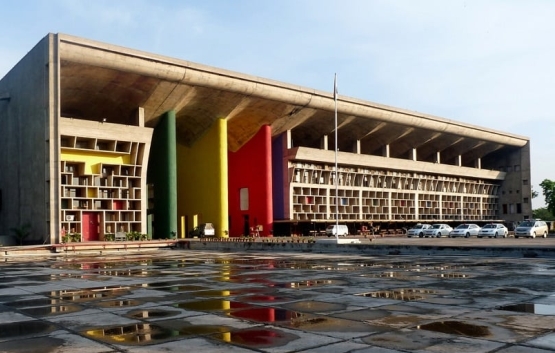LI Network
Published on: January 8, 2024 at 00:10 IST
The Punjab and Haryana High Court recently provided an in-depth understanding of the distinct status conferred upon Family Courts under the Family Courts Act of 1984.
In a case where a Husband appealed the dismissal of his divorce petition by the Family Court, the High Court offered key insights. It highlighted Section 10(3) of the Act, enabling the Family Court to independently frame its procedures, separate from the general Civil Procedure Code (CPC).
The Court emphasized that Section 20 of the Act holds paramount authority over conflicting provisions in other prevailing laws.
The Bench of Justice Sudhir Singh and Justice Sumeet Goel underscored that the Act allows the Family Court to determine its process for arriving at settlements or establishing the truth in disputes.
The case revolved around divorce proceedings initiated by the Husband, alleging cruelty and desertion by the Wife. The Family Court, after considering evidence from both parties, dismissed the Husband’s objections, leading to his subsequent appeal.
The High Court highlighted Section 10(1) of the Family Courts Act, which treats Family Courts as Civil Courts, subject to the CPC unless otherwise specified in the Act.
Section 10(3), however, grants the Family Court the discretion to set its procedures for dispute resolution or fact determination.
The legislative intent, coupled with Section 20 of the Act, suggests that the CPC isn’t mandatory for Family Court proceedings, evident in the precise language of the legislation.
Applying Heydon’s Rule of Interpretation, the Court noted that the Act aimed to simplify evidence and procedure, allowing Family Courts to effectively handle matrimonial disputes.
Sections 13 and 14 of the Act further underscored a departure from CPC technicalities, empowering the Family Court to consider relevant material for efficient adjudication.
The High Court emphasized that the Act, enacted in 1984 specifically for matrimonial disputes, stands as a distinct law from the general procedural CPC enacted in 1908.
This specificity gets reinforced by its enactment in Haryana, Punjab, and Union Territory, Chandigarh, indicating a specialized nature. Therefore, the Court reasoned that Family Courts aren’t entirely bound by CPC provisions.
Furthermore, the Court highlighted Order VIII Rule 1-A of the CPC, inserted in 1999, directing defendants to provide supporting documents with a written statement. It underscored that the Family Court, guided by a liberal approach, holds particular significance within the 1984 Act’s framework.
The Court established key legal principles, emphasizing that while Family Courts have discretion in their procedures, they must align with principles of natural justice, good conscience, and equity.
The ruling also outlined the discretionary powers of Family Courts to consider evidence essential for effective adjudication.
In the specific case, the Bench observed that the Husband contested the Wife’s submission of additional documents, not included in her written statement. However, the Family Court had provided adequate opportunity for the Husband to cross-examine the Wife and review all documents.
Consequently, finding no substantial reason to interfere with the impugned order, the Court dismissed the Petition, maintaining the Family Court’s decision.

